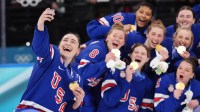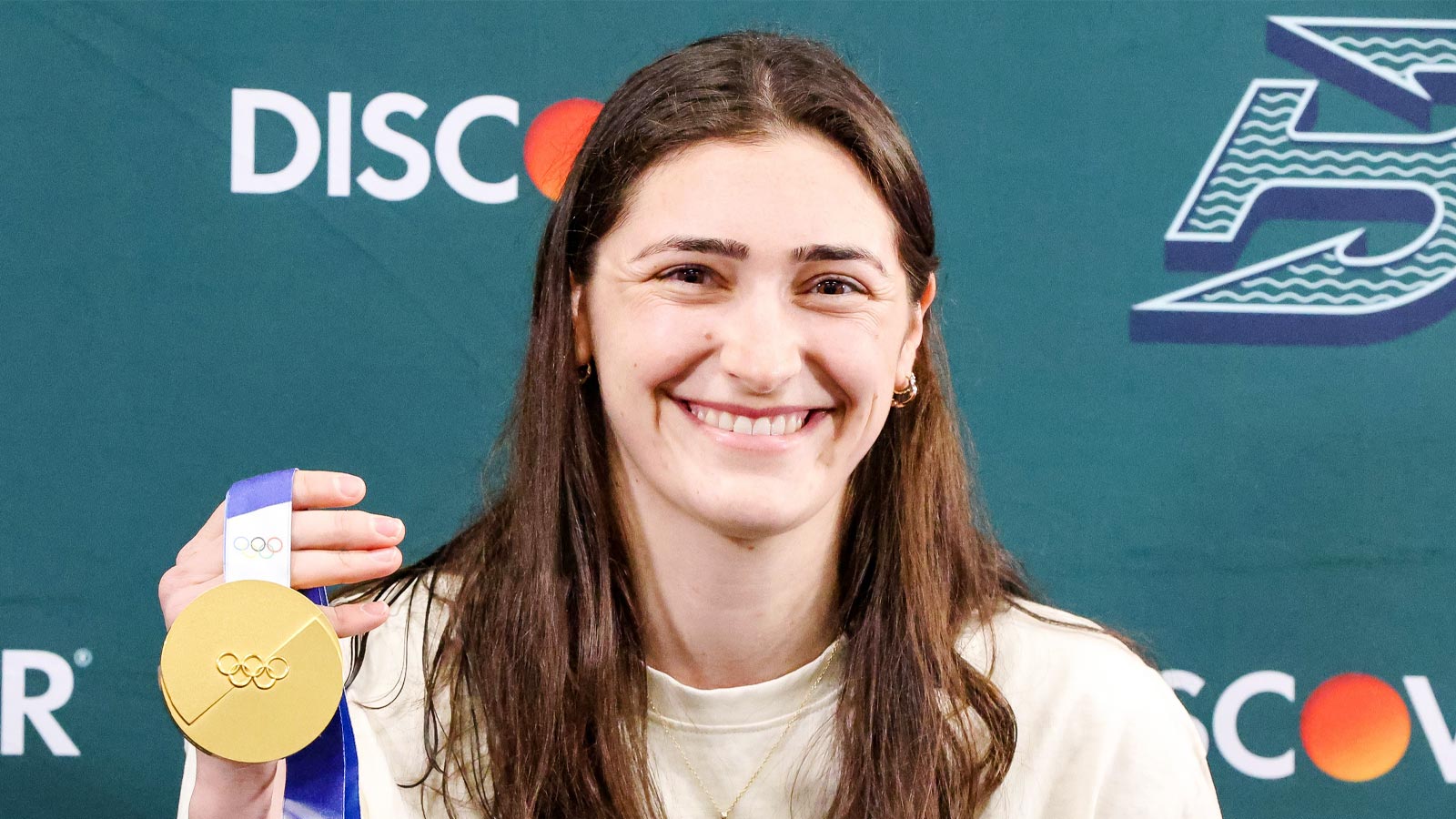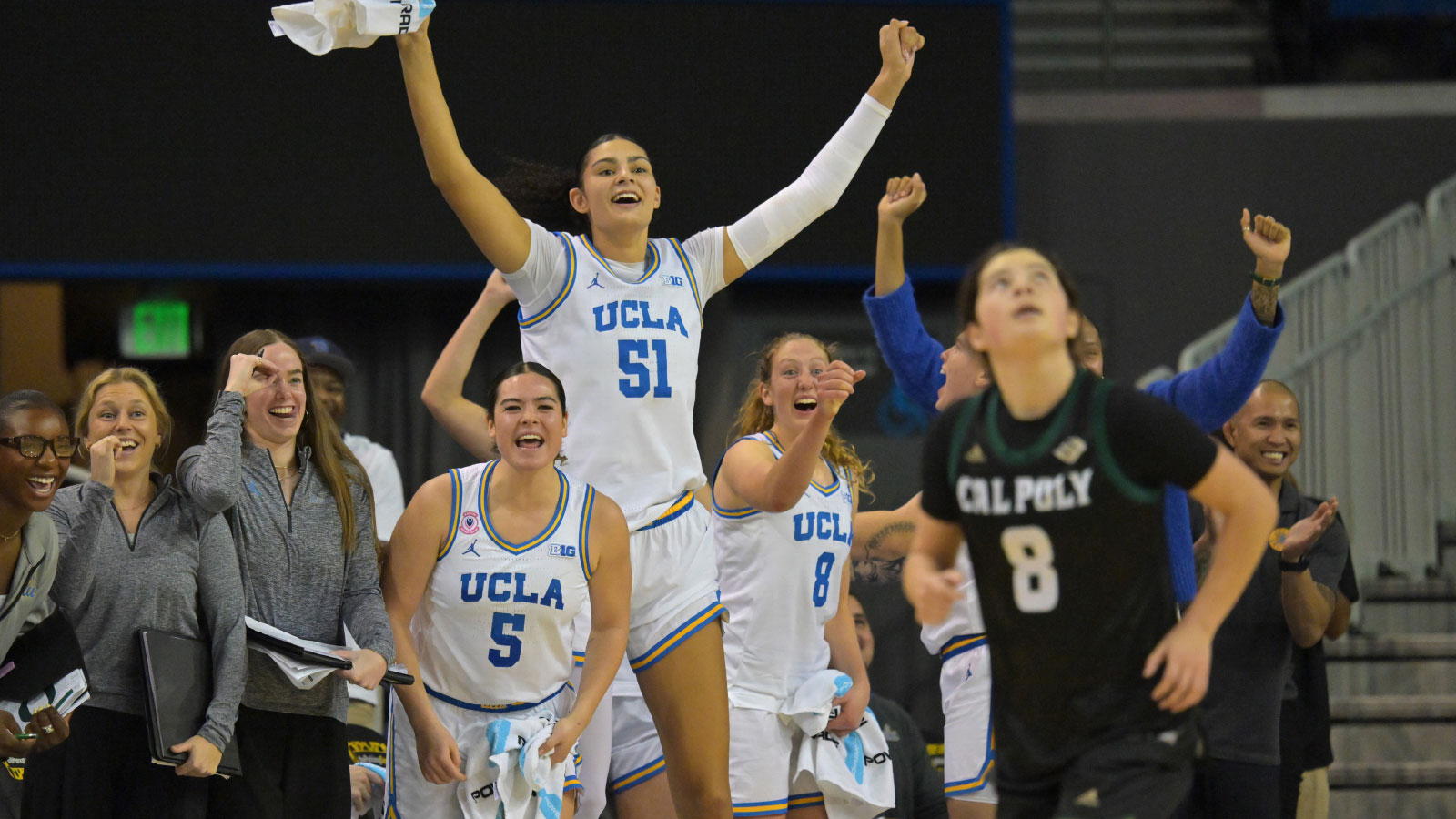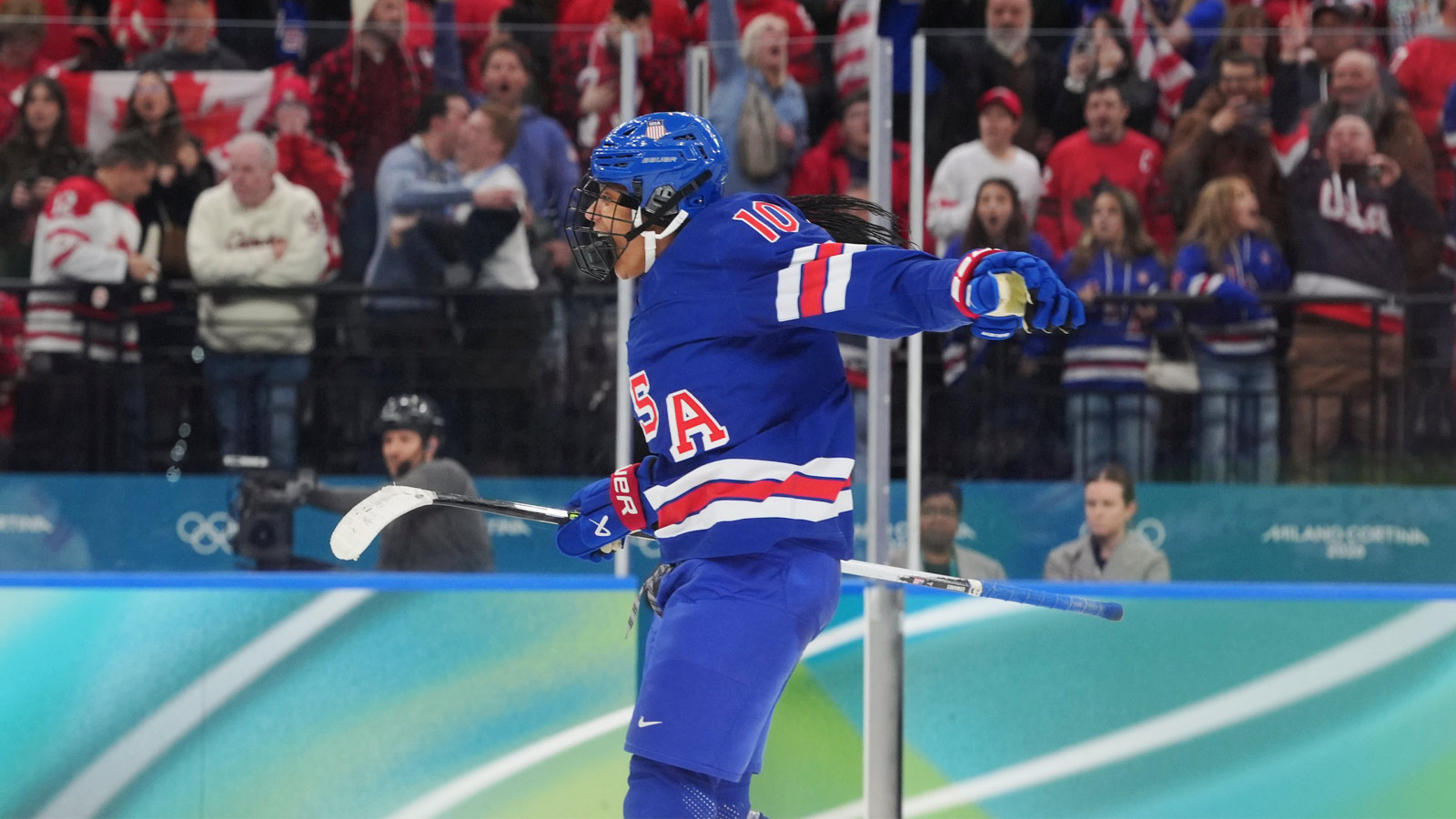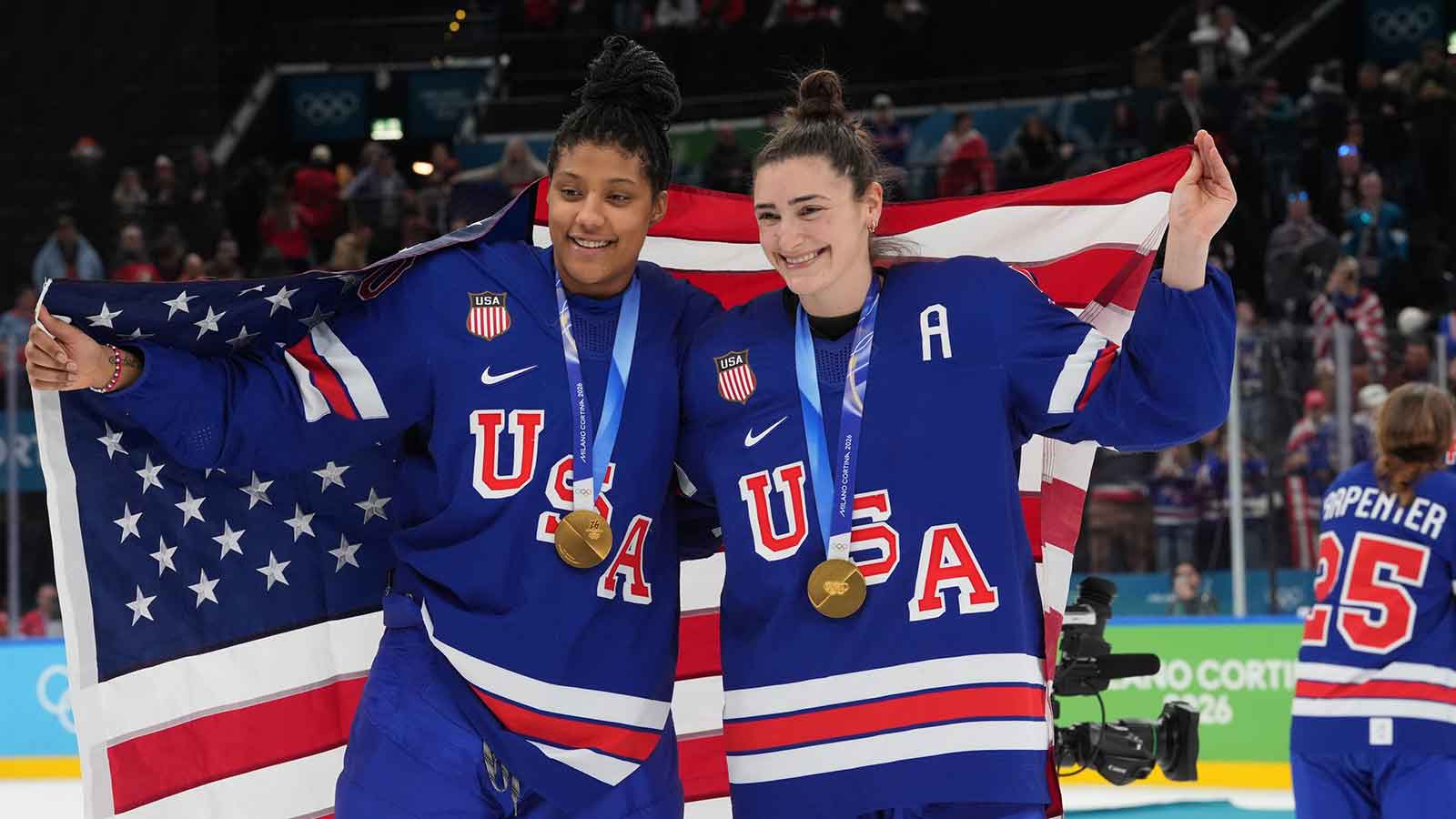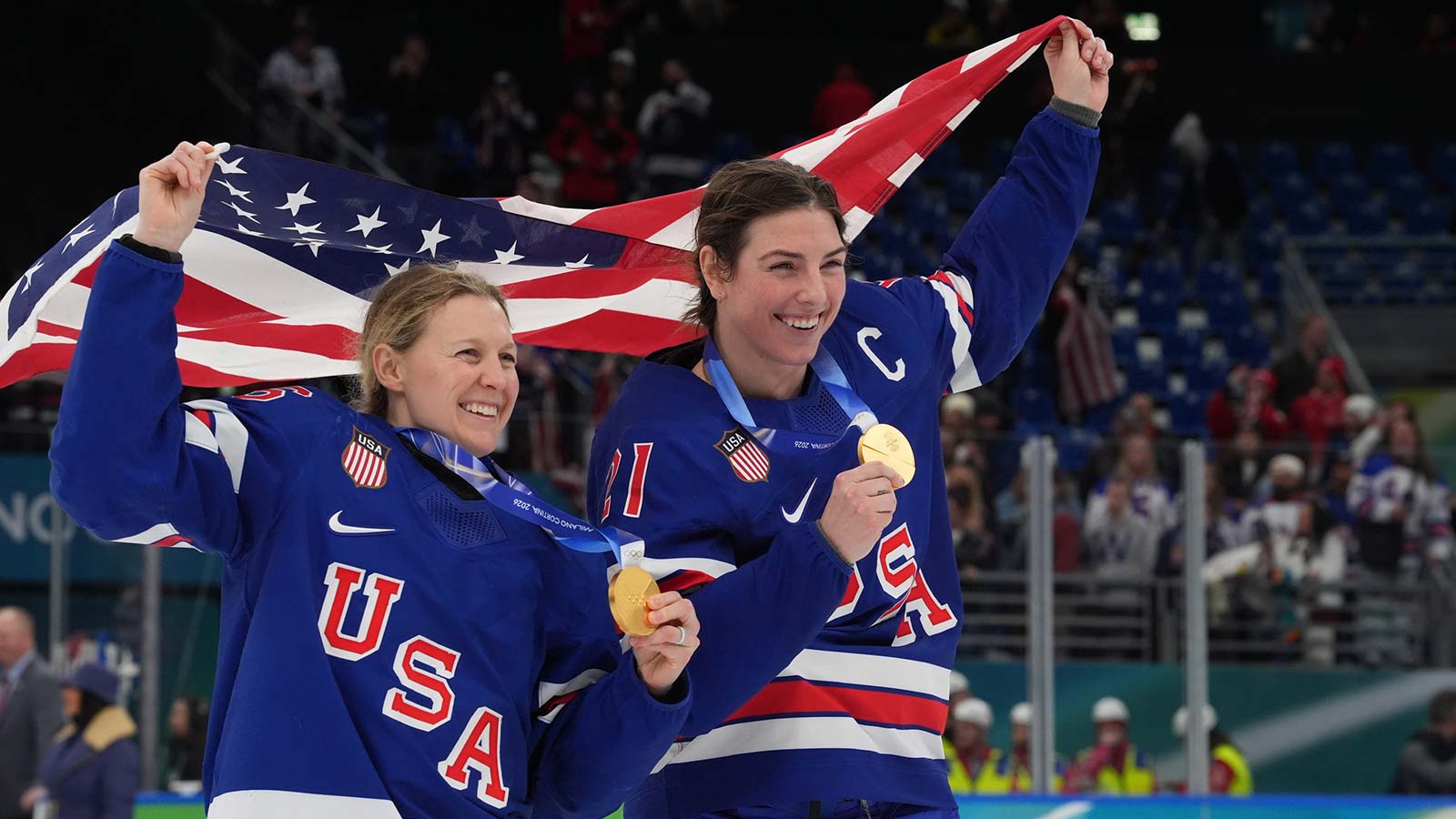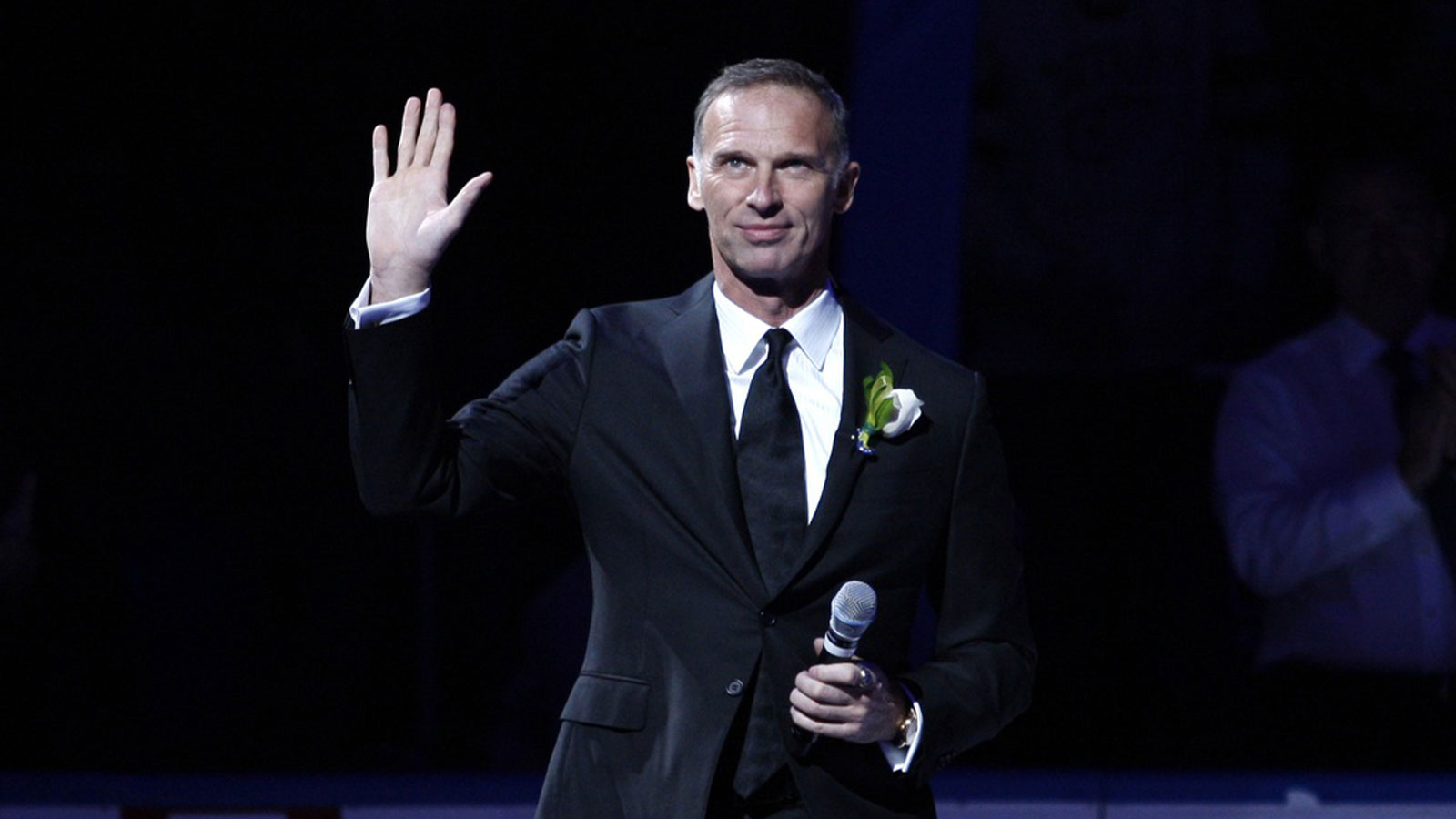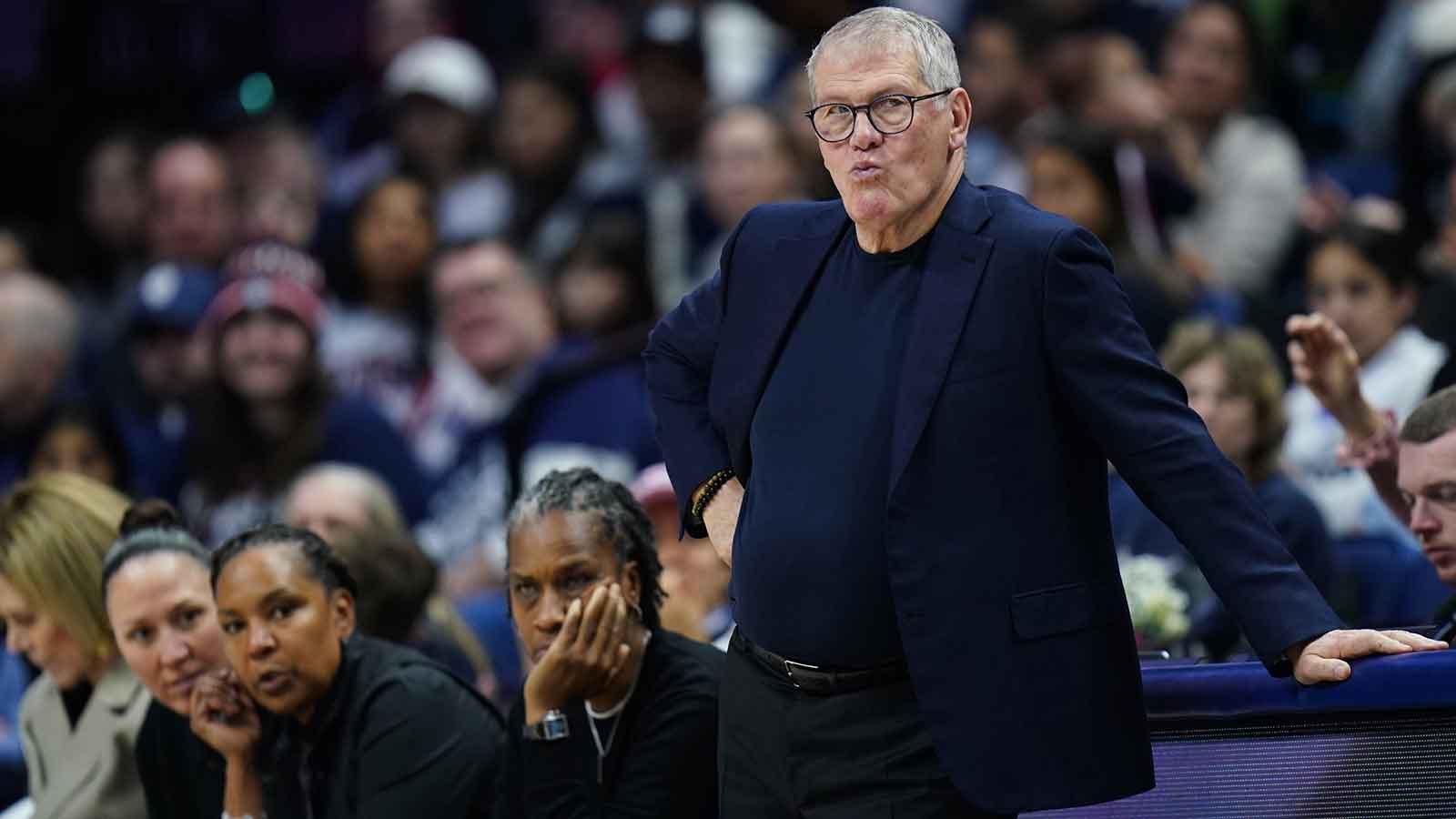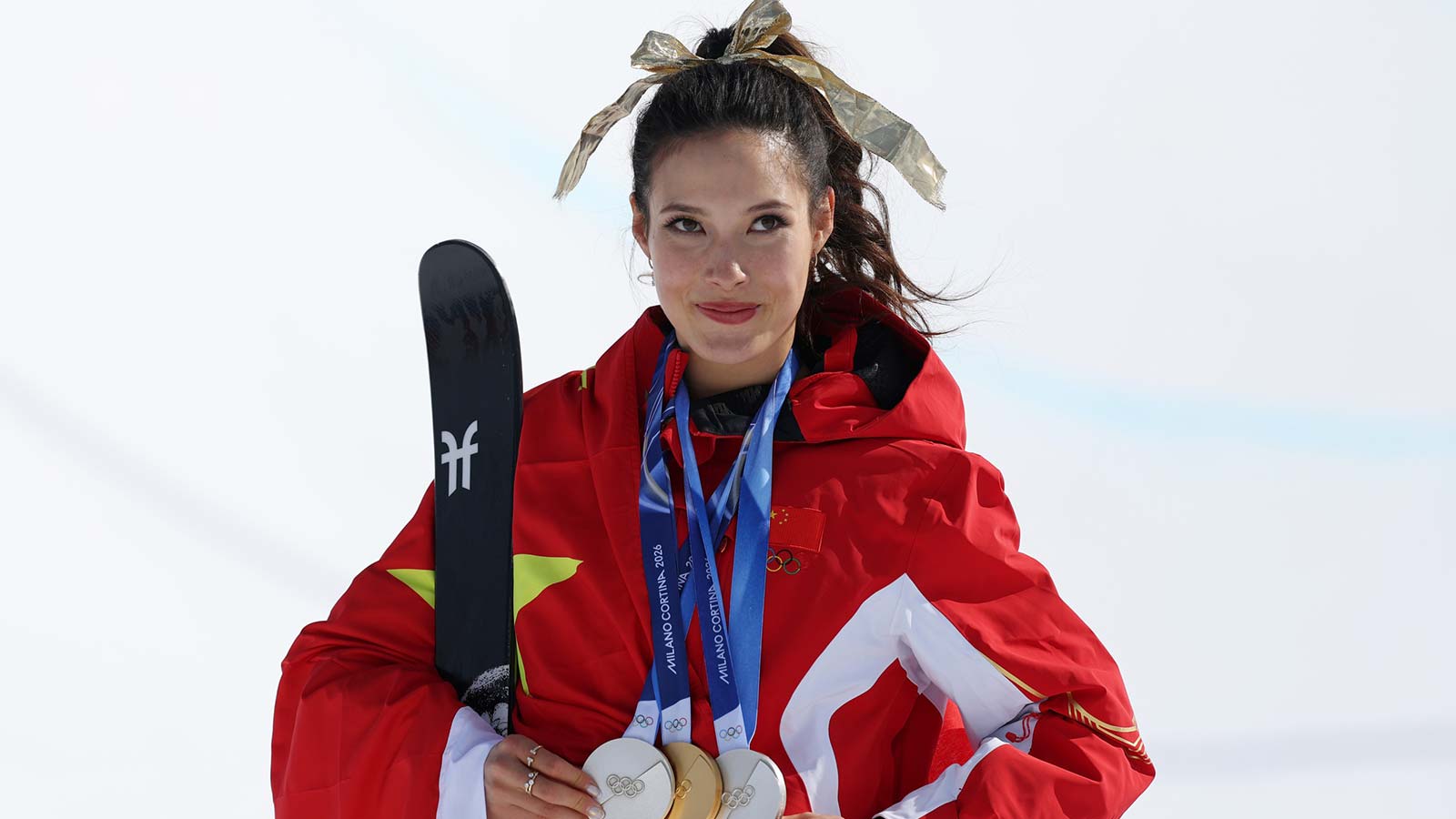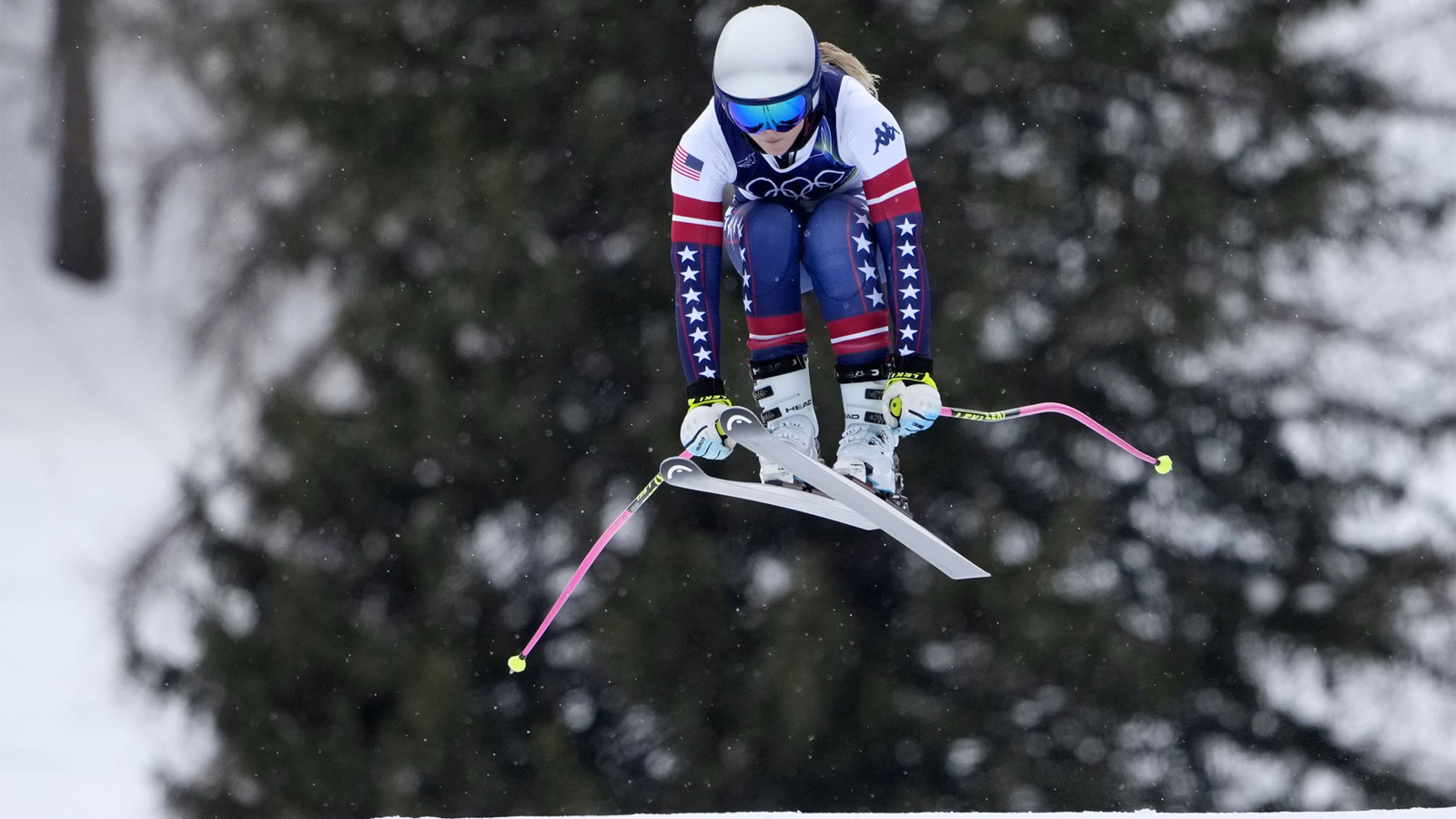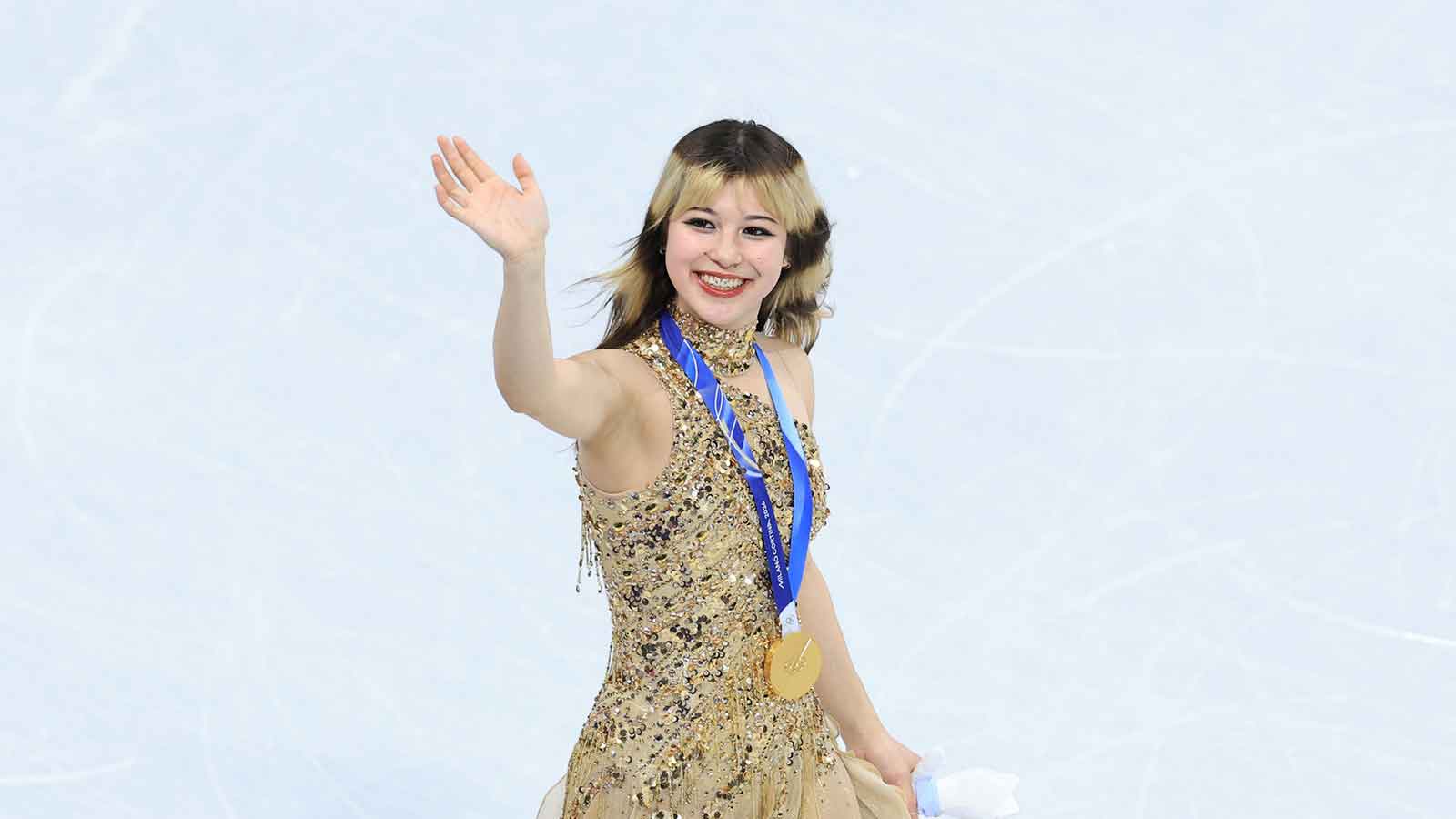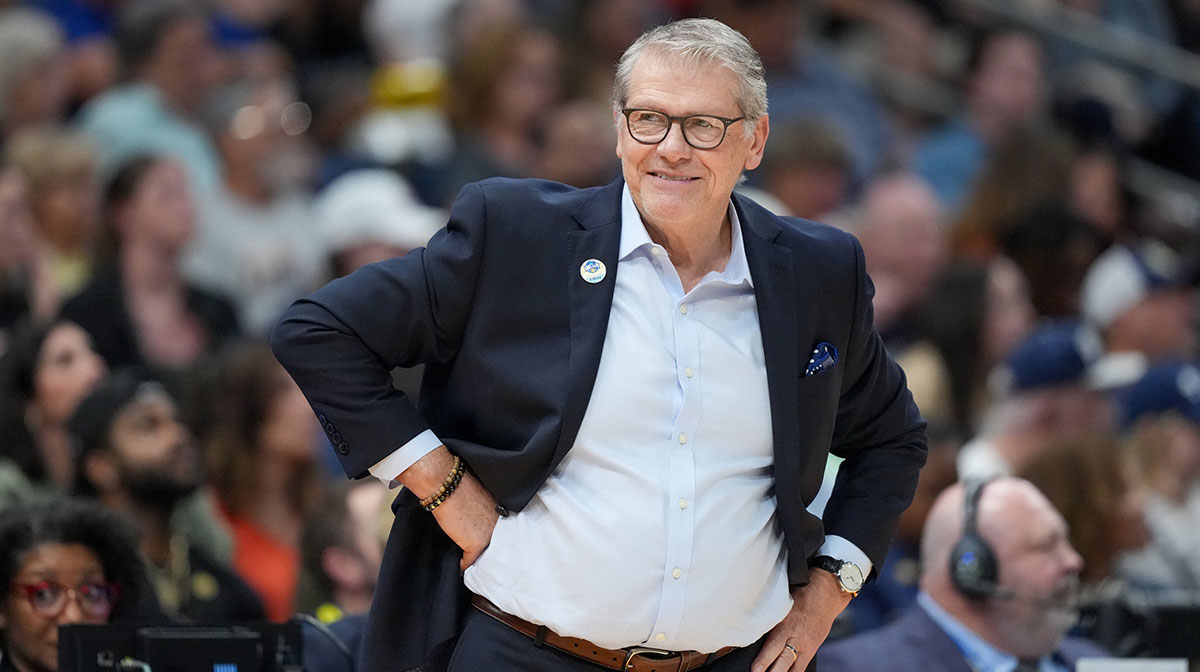In a world where sports often intersect with broader societal issues, the controversy surrounding Jay Williams, Iowa women's basketball star Caitlin Clark and her achievements has sparked a fiery debate that transcends the basketball court. Amid this backdrop, former professional basketball player Jay Williams has vehemently criticized what he terms as “dumb race baiting,” offering a staunch defense of his stance on what defines greatness in the realm of basketball.
Jay Williams, a respected voice in sports commentary with a storied career both on and off the court, recently found himself at the center of a heated discussion. His comments regarding Caitlin Clark, who recently became the all-time women's college basketball points leader, questioned the criteria for deeming someone “great” without a national championship to their name. Williams argued, “We were talking about ‘greatest,’ and in my interview we talked about GOATs. For me, I’m like, you wanna be a GOAT? Fine. There’s levels of greatness. You gotta win championships to be GOATs.”
His viewpoint, shared during a broadcast of the LSU-Kentucky men's game, underscores a broader debate about how greatness is measured in sports. Williams compared Clark to legends like Diana Taurasi and Breanna Stewart, emphasizing that championships play a crucial role in defining a player's legacy, “So, when people want to don her as the greatest of (all time), I’m like, ‘Let’s slow down.’”
The controversy took a sharper turn when criticisms against Williams' comments began to surface, with some pointing out the racial dynamics at play, considering Williams is black and Clark is white. Addressing these accusations head-on, Williams expressed his frustration with the race-based critique, “Please stop with all this race baiting s—,” he stated emphatically in a video posted to X, formerly known as Twitter. Williams clarified his perspective, emphasizing that the discussion was purely about basketball, devoid of racial implications, “Ain’t nobody out here trying to do that. It’s just hoopers.”
Williams didn't shy away from addressing his detractors directly, challenging the notion that disagreements over sports opinions should devolve into personal attacks or question a person's credentials, “Now, the comment of great, [Angel Reese and Clark]. Are both great, OK? We were talking about levels of greatness and immortality. And, in the pantheon of greatness, there are levels to greatness with [championships]. That’s how I think about it.”
His message extended beyond the sports debate, touching on the toxicity that can pervade online discussions, particularly from those he describes as “keyboard courageous people.” Williams pointed out the irony of critics questioning his basketball acumen, despite their lack of experience, “None of y’all could hold me. None of y’all. Ninety percent of y’all didn’t even pick up a basketball. You can’t even dribble the rock. You can’t even shoot.”
In a tweet accompanying his video, Williams further distilled his thoughts, urging for a cessation of the race-baiting narrative and issuing a reminder of the realities of sports competition versus online banter, “Thoughts on GREATNESS. Please stop the dumb race baiting commentary around Caitlin & Angel. Also.. a note to all you fake *** hoopers. Keyboard warriors don’t win 1v1s. Remember that.. #AgeOldProverbFromTheBookOfHoops.”
Williams' remarks illuminate the complex interplay between sports performance, public perception, and the influence of societal issues like race on these discussions. His defense of his position, coupled with a call for a more respectful and informed discourse, underscores a desire to focus on the merits of sports achievements and the criteria by which they are judged. As the debate around Clark's greatness continues, Williams' commentary serves as a poignant reminder of the need to navigate sports conversations with a sense of fairness, respect, and an understanding of the broader implications these discussions may carry.

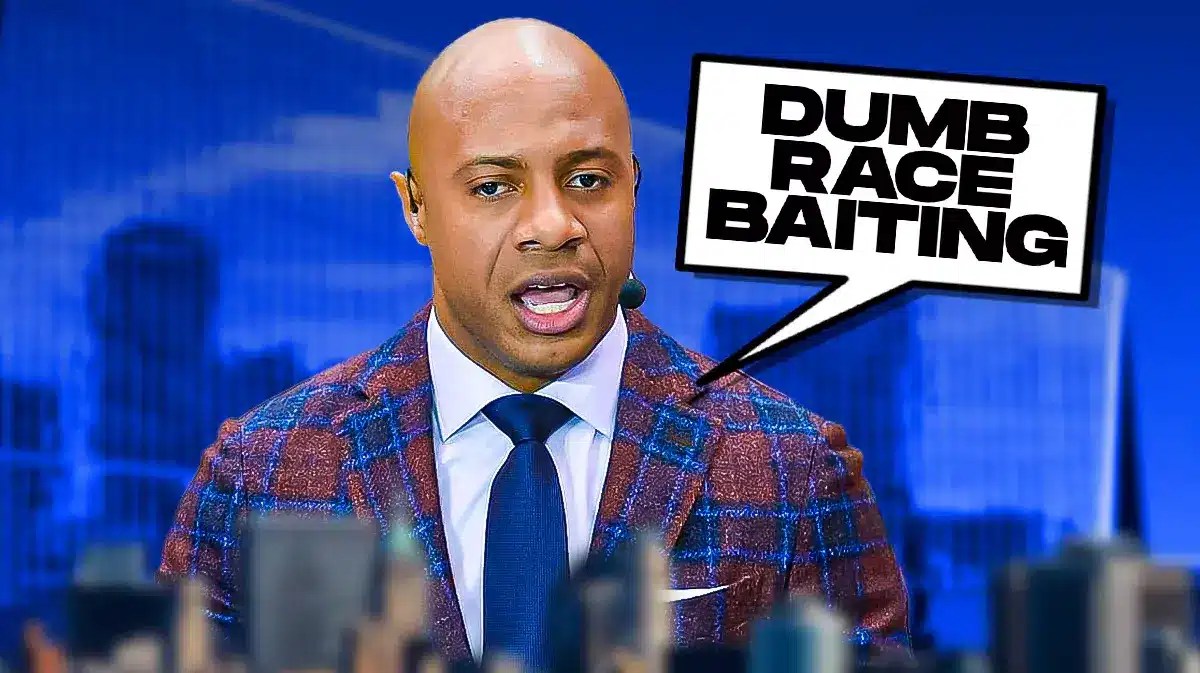

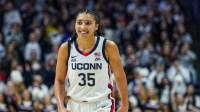

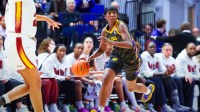
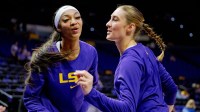
![[US, Mexico & Canada customers only] Feb 6, 2026; Milan, Italy; Ellie Kam of United States and Danny O'Shea of United States perform during the pair skating during the Milano Cortina 2026 Olympic Winter Games at Milano Ice Skating Arena. Mandatory Credit: Fabrizio Bensch-Reuters via Imagn Images](https://wp.clutchpoints.com/wp-content/uploads/2026/02/Ellie-Kam-of-United-States-and-Danny-OShea-of-United-States-perform-during-the-pair-skating-during-the-Milano-Cortina-2026-Olympic-Winter-Games-at-Milano-Ice-Skating-Arena.jpg?w=200&quality=90)
